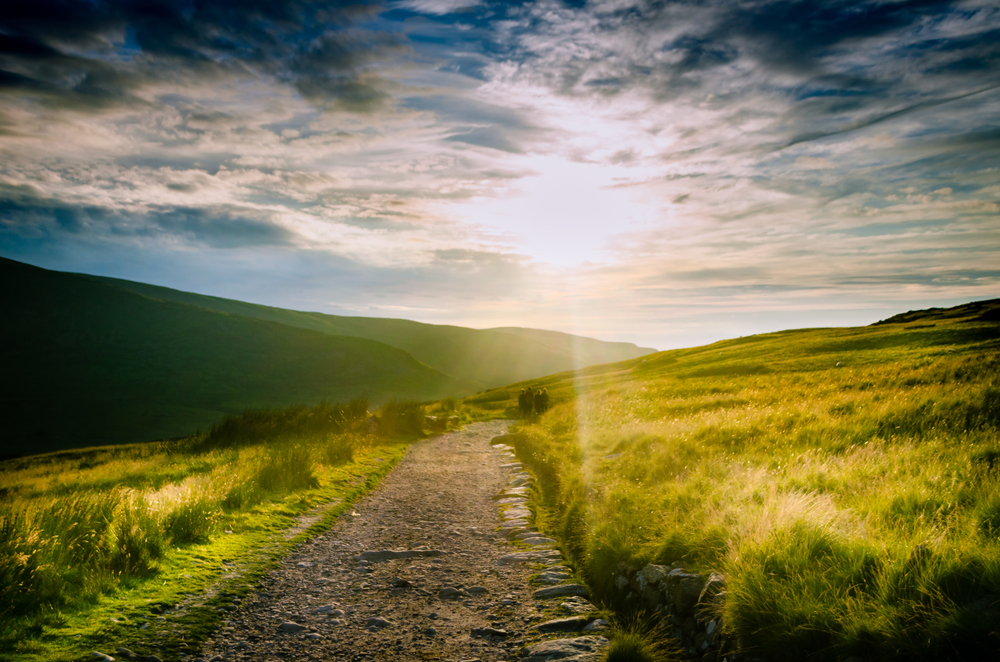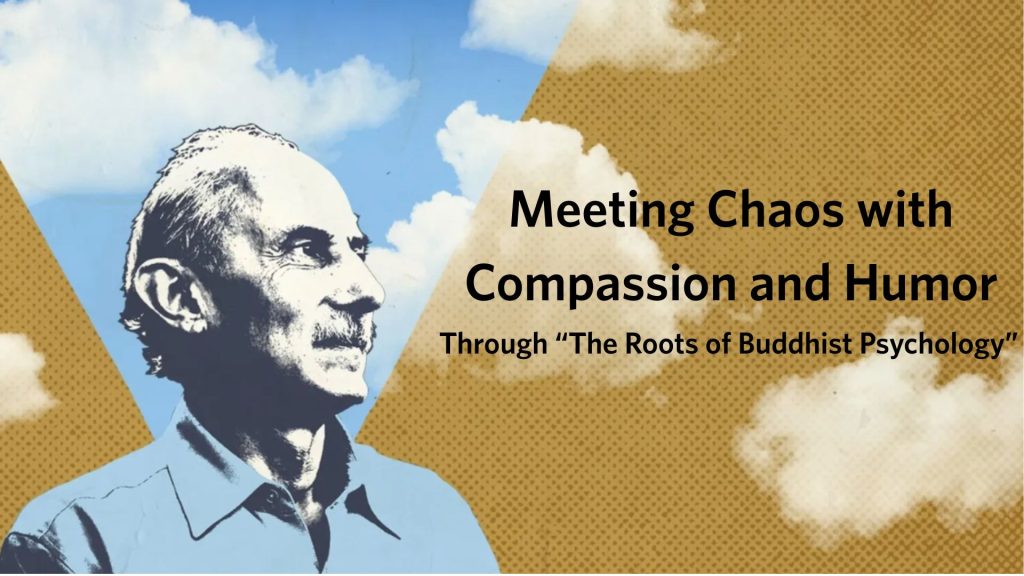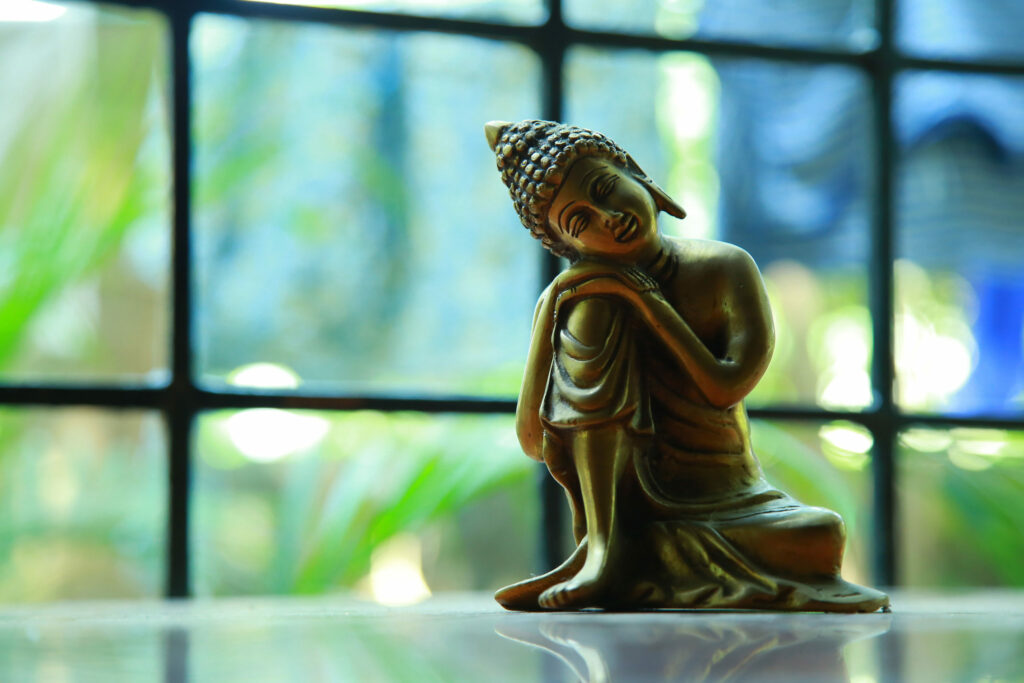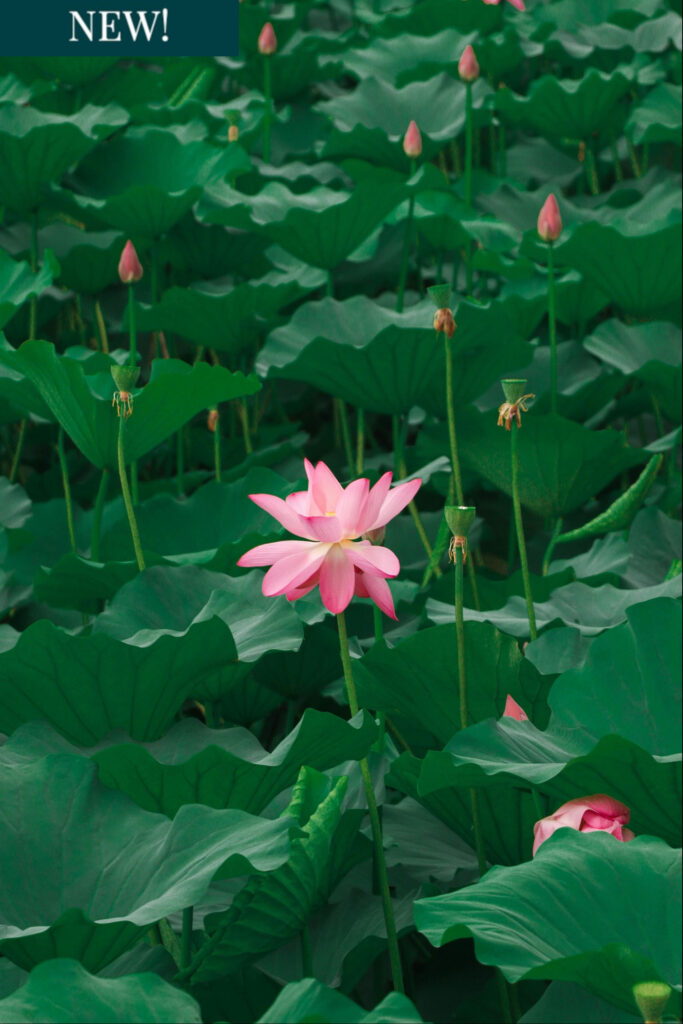One beautiful way to honor the turning of the seasons and illuminate the heart in the darkest time of the year (in the north) is to set a sacred intention for the new year. This is not a New Year’s resolution but an inner knowing that comes when you sit quietly and ask what is my highest intention for the year ahead. Ask, listen and then write it down. It could be as simple as… “I vow to be kind.” Or “I will act in ways that honor the earth.”
Setting an overall long term intention has tremendous power to guide you life. Another transformative practice is that of becoming aware of your intention in moment-to-moment living.
In each situation that calls for our engagement, some inner intention will precede our response. Buddhist psychology teaches that intention is what makes the pattern of our karma. Karma, the cause and results of every action, comes from the heart’s intentions that precede each action. When our intentions are kind, the karmic result is very different from when they are greedy or aggressive. If we are not aware, we will unconsciously act out of habit and fear. But if we attend to our intentions, we can notice if they spring from the body of fear or from our deliberate thoughtfulness and care.
Every tradition offers prayers and meditations for setting the heart’s best intention. Sometimes the intentions are general. “May the words of my mouth and the dedications of my heart serve you, oh Lord.” “May every activity be a prayer.” “May my heart freely offer loving kindness and forgiveness.” “I vow to bring awakening to every being I meet in thought, word, or deed.” The Jewish tradition uses hundreds of prayers throughout the day, to foster a seamless gratitude and love of the heart.
Intentions can also be focused on one day or one situation. “May I remember my breath and center myself each time I encounter conflict today.” “May I treat all those at work with kindness.” “May I take the time this week to let my family know I love them.”
In times of difficulty, it is this repeated setting of our heart’s compass that determines the result. Whether in a family disagreement or community conflict, before we speak and act, we can pause and become aware of our deepest intention. Even the simplest words can have a vastly different effect depending on our intention. The phrase “What do you mean?” can sound accusing and judgmental or considerate and humble.
Our hearts are like seismographs, picking up the tremors of intent. Notice how this works in conversation. Do we speak from a subtle sense of control or self-righteousness, or do we really wish to listen, to learn? If we set our minds toward freedom, our good intentions will help us to let go of what blocks our openness. If we set our hearts toward compassion, our whole tone will reaffirm our love in spite of whatever difficulties we face.
Instead of inflaming a bad situation, we can seek ways of touching the good in another. Without denying pain and injustice, we can also look for the secret beauty of others. Our spiritual practice can be this simple: to see with eyes of compassion and act with our wisest intention. This often has a surprising effect. Nelson Mandela put it this way: “Thinking too well of people often allows them to behave better than they otherwise would.”
Do not doubt the transformation that can be born out of such conscious attention. When Ananda, attendant and close friend of the Buddha, met a young outcaste woman at a village well, he politely asked her for water to drink, but she was ashamed and refused him, lest her untouchability contaminate his holiness. Ananda replied, “I ask not for caste but for water.” Her life was transformed by this simple kindness, and she joyously and lovingly followed Ananda to the monastery. There the Buddha blessed her and bid her to take up the kindness Ananda had shown her and, by keeping that simple intention, to “let the actions of your life shine like the jewels of royalty.”
It is in such small things that we fulfill the lessons of the heart. It is from our intentions that our life grows. It is in opening to one another that our path is made whole.






